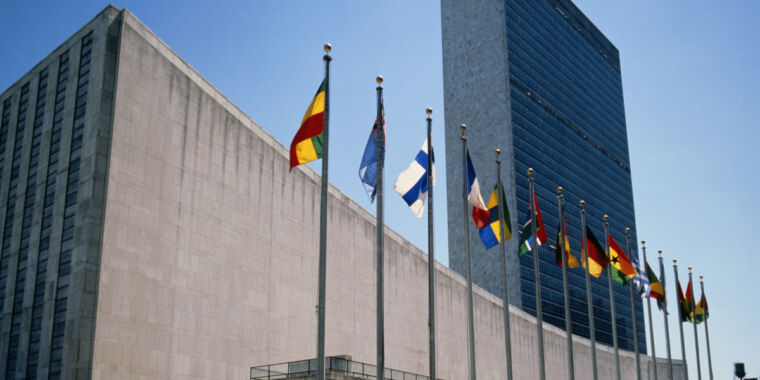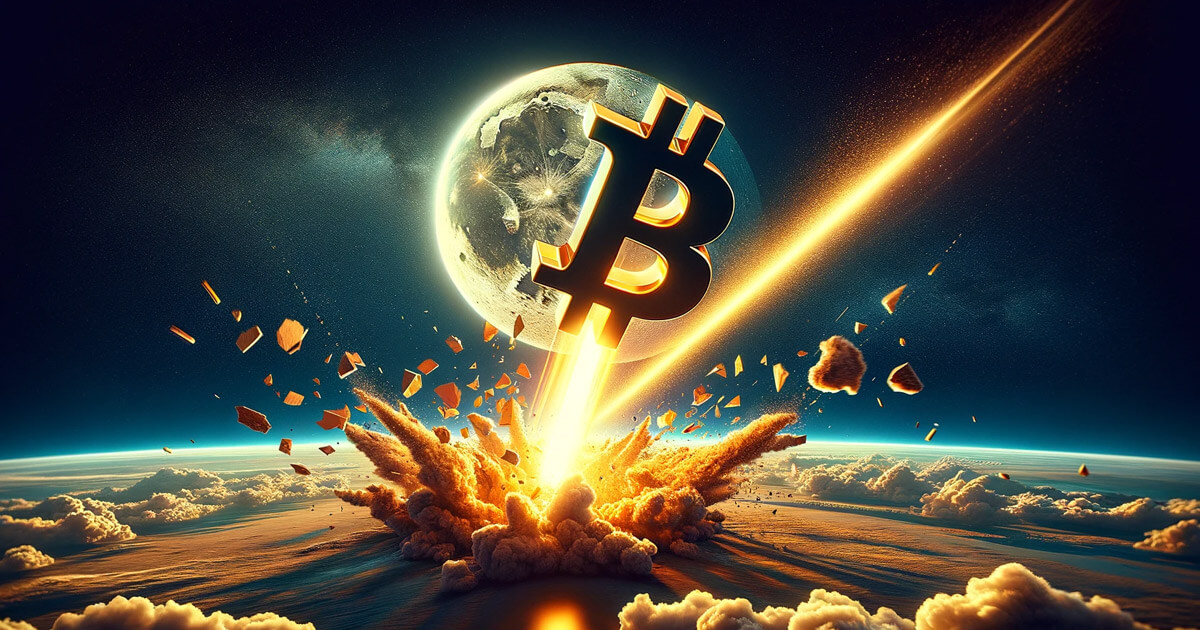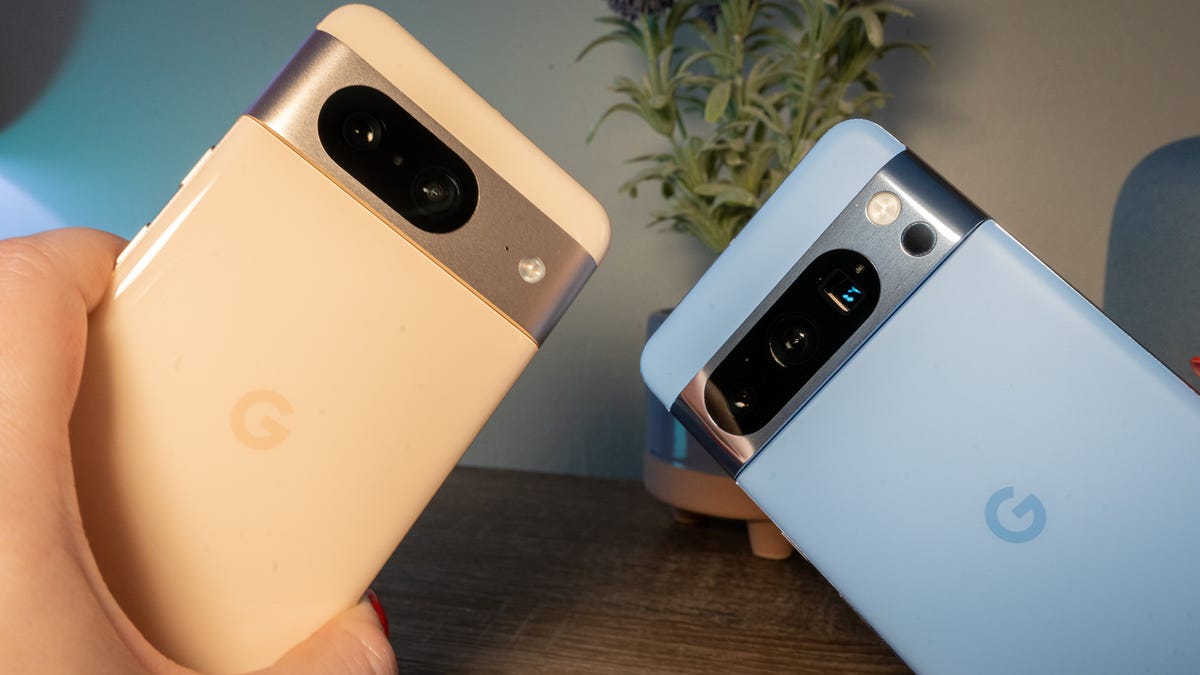Global Solidarity on AI Regulation
Recently, the United Nations General Assembly has unanimously adopted a milestone global resolution centered on the regulation of Artificial Intelligence (AI). The resolution, hailed by many as the first of its kind, prioritizes the protection of personal data, the enhancement of privacy policies, the meticulous monitoring of AI’s potential risks, and the preservation of human rights. Following a proposal from the United States, the resolution garnered support from China and 121 other nations.
Nonbinding Nature and Industry Support
Despite its nonbinding nature, rendering it unsanctionable, the resolution resonates positively within the AI industry as a whole. Microsoft Vice Chair and President Brad Smith expressed full support for the resolution in a recent statement, emphasizing the critical nature of establishing international ethical boundaries and sustainable AI development. The resolution titled “Seizing the opportunities of safe, secure and trustworthy artificial intelligence systems for sustainable development,” emerged after three months of negotiations, receiving commendation for fostering global cooperation.
Fostering International Cooperation
Quoting an official from the US administration, the novel resolution signifies a landmark achievement, labeling it as the “first-ever truly global consensus document on AI.” The UN adopts resolutions by consensus, implying unanimous agreement from all member states without an official vote. The agreement aims to address the potential dangers associated with the irresponsible or malicious application of AI, aiming to safeguard human rights and fundamental freedoms against AI-induced threats.
Global AI Regulation Efforts
The resolution reflects a broader global effort to steer AI development following the emergence of prominent AI models and increased industry fervor. The initiative stands as a proactive measure to counteract concerns about AI undermining democratic processes, escalating fraudulent activities, or causing significant job displacement. Despite anticipated resistance from nations like Russia and China, the negotiation process emerged successfully, navigating through challenging conversations to strike a delicate balance between progress and protection.
Continued Progress
While the recent UN resolution marks a significant milestone, several countries had previously signed multilateral agreements targeting AI regulation. The Bletchley Declaration, the predecessor to this UN resolution, showcases proactive measures in AI regulation. Additionally, the US, Britain, and several nations have a preexisting agreement emphasizing secure AI design to deter misuse by malicious entities. As Europe prepares to implement comprehensive AI regulations, the US falls short in achieving consensus on national AI legislation, with the Biden administration advocating for risk mitigation strategies to bolster national security.
Image/Photo credit: source url





